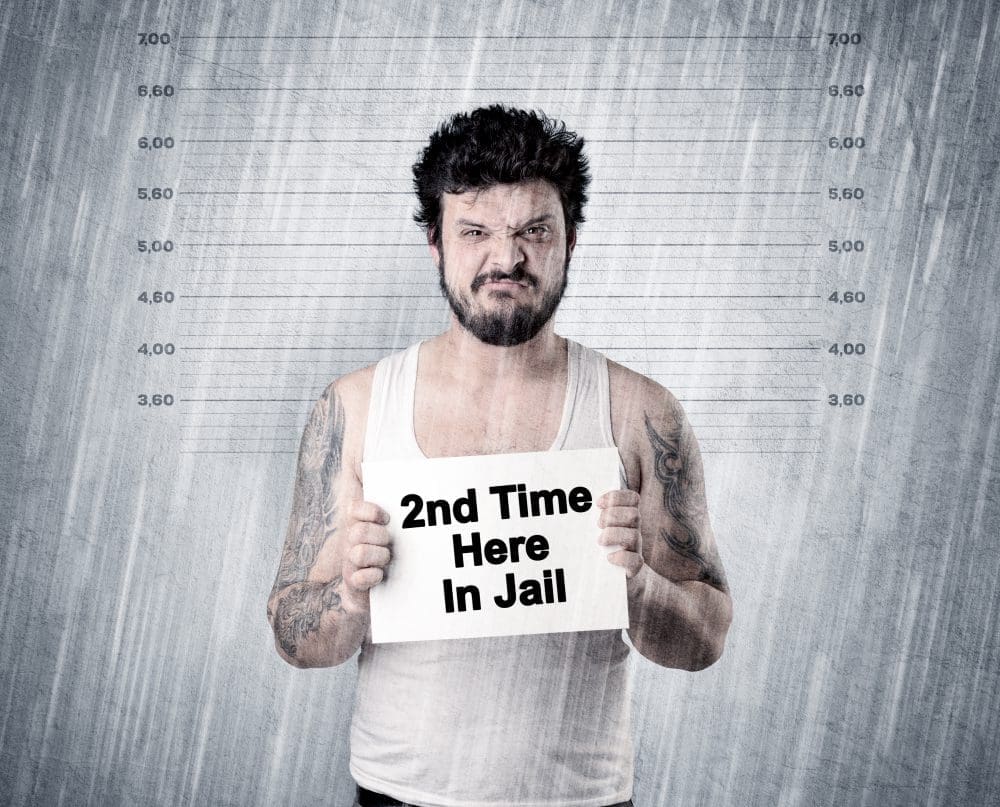Can I get Drug Diversion For My Second Arrest?
By retired Attorney Dennis Lempert, former Criminal Defense Attorney in Santa Clara County, California. Originally published in 2003 and reposted with permission from Crime, Justice and America magazine
Question:
I have been arrested a second time for possession. Some people I know have told me that I cannot get a drug diversion program because it is my second arrest. Is that true?
Answer:
The answer to your question is “maybe”.
Eligibility for a drug treatment program, instead of serving a jail sentence, depends upon both the crime you are currently charged with and your past criminal history. There are two schemes in the Penal Code which provide for drug treatment rather than jail. They are commonly referred to as Deferred Entry of Judgement (“DEJ”) and Proposition 36. Both programs are designed to help people with substance abuse problems become clean and sober.

In that spirit, no one charged with sale, possession for sale, distribution, manufacturing, or offering to sell is eligible for either of these programs.
If your first conviction for “simple” possession (“simple” refers to possession for personal use as opposed to possession for sale) you would be probably be eligible for DEJor for proposition 36.
Because this is your second offense, you must look to your criminal record to determine your eligibility for either program.
DEJ requires that you have never before been convicted for an offense involving controlled substances unless it was over five years ago and you successfully completed a diversion or a DEJ program. You must also have no felony convictions within the five years before the current offense. If your parole or probation was ever revoked and not reinstated you are not eligible. If there are other narcotics crimes currently charged in addition to the simple personal possession, you are not eligible. If the current offense involves violence or threatened violence, you are not eligible.
If you are ineligible for DEJ, you could still be eligible for proposition 36 which program went into effect as of July 1, 2001. Proposition 36 relates to “nonviolent drug offenses” such as being under the influence and simple possession. The language of proposition 36 is broader than DEJ and does not provide an exhaustive list of qualifying offenses, unlike DEJ. This means that even though the crime you are charged with is not listed as a nonviolent drug offense, you could be still be eligible if your offense can be considered a nonviolent drug offense.
Proposition 36 has restrictions depending upon your past criminal history. If you have 2 convictions for nonviolent drug offenses after July 1, 2001 and were placed on 2 separate treatment programs as a result, your third conviction will not be proposition 36 eligible if the District Attorney can prove you are “unamenable to treatment”. Of course, if you refuse treatment you will be deemed ineligible.
You are not eligible if you were convicted of a strike unless it has been over five years since 1) you have been in prison custody, 2) have committed a felony other than a nonviolent drug offense, 3) have committed a misdemeanor involving physical injury or threat of physical injury to another or 4) You are not eligible if you used a firearm while you possessed or were under the influence of a controlled substance.

Most people are deemed ineligible because of the last criteria: that is they are convicted of a misdemeanor not related to the use of drugs in the same proceeding. Frequently this is a driving under the influence, resisting arrest, or domestic violence charge. Some courts will provide drug treatment for the drug offense and simply sentence you to custody on the offense not related to the use of drugs.
Most important, hire the best lawyer you can afford.














